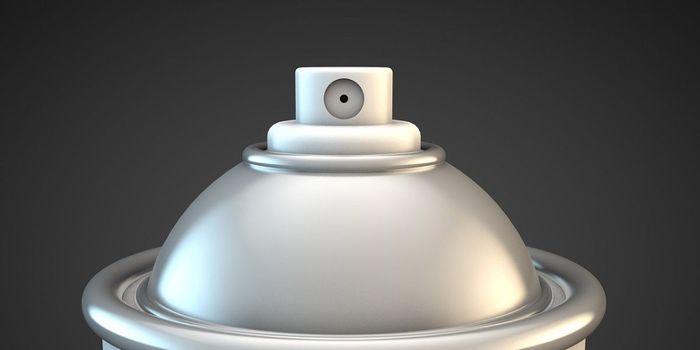A pediatric-friendly drug to combat snail fever
Schistosomiasis, also known as Bilharzia or snail fever, is a disease caused by trematodes, or parasitic flatworms. The disease is transmitted through infected water and the worms can penetrate human skin and migrate to the lungs, heart, and liver until finally finding their way to the intestines and/or bladder. Once there, the worms reproduce and lay their eggs which leads to the clinical symptoms of schistosomiasis. The disease often leads to fever, cough, abdominal pain, bloody urine, and diarrhea. If untreated, the disease may also lead to liver inflammation and permanent damage, kidney failure, lesions of the central nervous system, and certain forms of cancer. In African countries, current estimates show that nearly 250 million people are infected with Schistosomiasis, with around 26 million children being afflicted. In children, the disease can lead to the above-mentioned symptomology and can cause poor growth and learning difficulties as well. Luckily, schistosomiasis can be easily treated. However, the tablet formulation of the drug Praziquantel (PZQ) is difficult to administer to children due to its large size and bitterness. In a recent study published in the journal PLoS Neglected Tropical Diseases, researchers have designed and tested a novel form of PZQ that can be more easily administered to children in order to treat Schistosomiasis.
PZQ is currently the only treatment for Schistosomiasis and is highly effective at treating the disease. However, due to the required dose and the formulation, the tablet form of PZQ is large in size and bitter. As such, preschool age children are commonly unable to complete treatment. Here, researchers designed a novel form of PZQ as an orally disintegrating tablet that can be dissolved in water and administered. The researchers also sweetened the drug with sucralose to improve palatability. This formulation of the drug was administered to children who were told to swish the drug and spit it out. The children then rated the taste on a scale from “very poor taste” to “very good taste”. It was found that most children approved of the taste of the novel drug and were able to effectively self-administer the medication. Moreover, there were no adverse side effects from this route of administration.
This study is important in the steps to eradicate Schistosomiasis from the millions of children that are affected by the disease. The development of this pediatric friendly formulation of PZQ will lead to improved access of the drug and will greatly improve early-life health and long-term health outcomes for patients.
Sources: CDC; PLoS Neglected Tropical Diseases; YouTube








